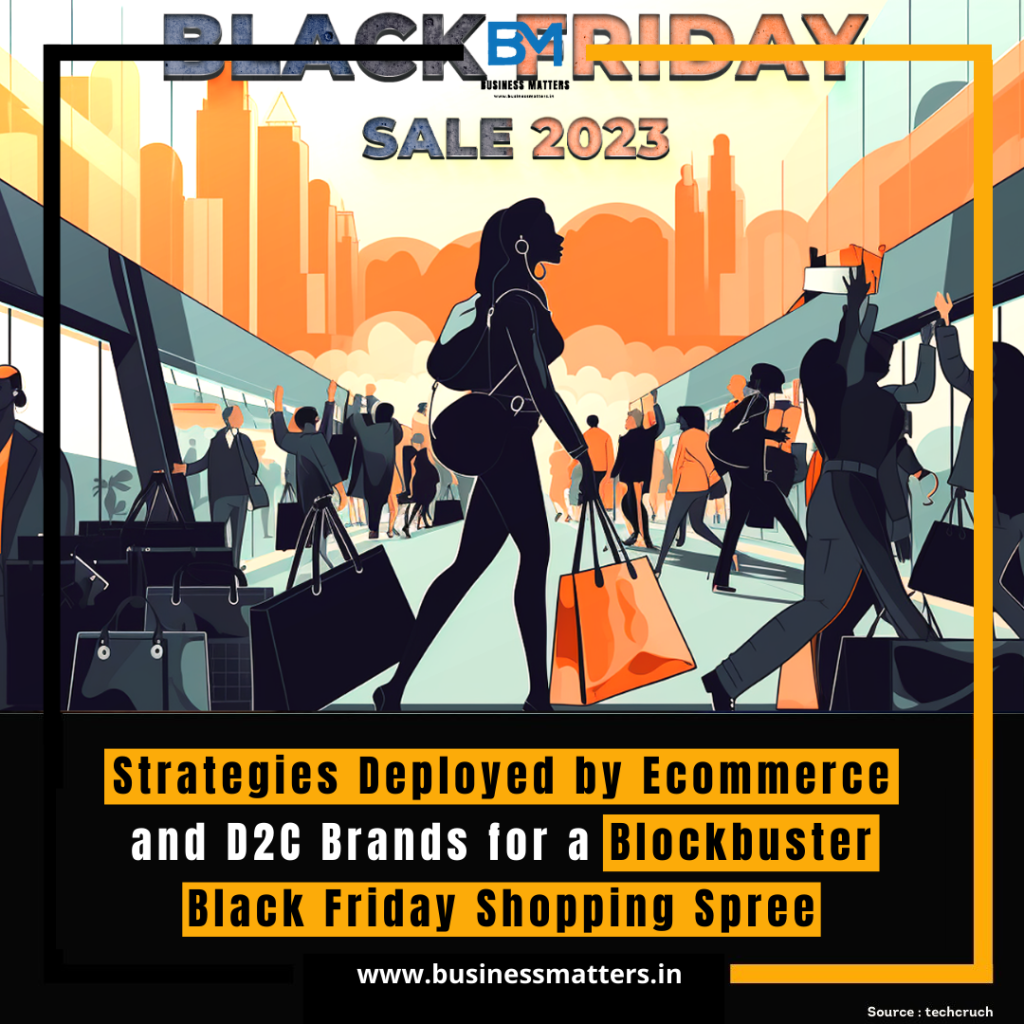In the ever-evolving landscape of retail, the significance of Black Friday remains unparalleled. Ecommerce and Direct-to-Consumer (D2C) brands are gearing up for a blockbuster shopping spree on this annual extravaganza. As consumer behavior continues to shift towards online shopping, businesses are implementing innovative strategies to make the most of this high-stakes shopping day.
One of the key strategies employed by these brands is the utilization of advanced technology to enhance the shopping experience. Virtual reality (VR) and augmented reality (AR) are being leveraged to provide customers with immersive experiences, allowing them to virtually explore products before making a purchase. This not only adds a layer of excitement to the shopping process but also helps in reducing returns, as customers have a more realistic understanding of the products they are buying.
Personalization is another crucial aspect of the strategy playbook. Ecommerce and D2C brands are utilizing data analytics and artificial intelligence to tailor the shopping journey for individual customers. By analyzing past purchases, preferences, and browsing behavior, these brands can create personalized recommendations, discounts, and exclusive offers. This not only enhances customer satisfaction but also increases the likelihood of repeat business.
The importance of a seamless and secure online transaction cannot be overstated. To meet this demand, brands are investing heavily in enhancing their payment gateways and security protocols. With the increasing prevalence of cyber threats, customers are more cautious about sharing their financial information online. Ecommerce brands are, therefore, implementing advanced encryption technologies and secure payment gateways to instill confidence in their customers.
Social media has become a powerful tool for brands to connect with their audience, and Black Friday provides the perfect opportunity to leverage this platform. Ecommerce and D2C brands are creating targeted social media campaigns to build anticipation and drive engagement in the weeks leading up to Black Friday. Influencer partnerships, exclusive sneak peeks, and interactive content are some of the tactics used to generate buzz and encourage social sharing.
Flash sales and limited-time offers have long been associated with Black Friday, and ecommerce brands are taking these strategies to new heights. By creating a sense of urgency and scarcity, brands can prompt customers to make quick purchasing decisions. Limited edition products, time-sensitive discounts, and exclusive bundles are just a few ways in which brands are enticing customers to hit the “buy” button during the Black Friday frenzy.
Customer engagement doesn’t end with the purchase; post-purchase communication is equally vital. Ecommerce brands are focusing on building a lasting relationship with customers by implementing post-purchase engagement strategies. This includes personalized thank-you messages, follow-up emails with related product recommendations, and exclusive loyalty programs to encourage repeat business.
In conclusion, Ecommerce and D2C brands are leaving no stone unturned in their quest for a blockbuster Black Friday. By embracing cutting-edge technology, prioritizing personalization, ensuring secure transactions, leveraging social media, and deploying time-sensitive offers, these brands are poised to make the most of this annual shopping extravaganza. As the digital landscape continues to evolve, these strategies will likely undergo further refinement, ensuring that Black Friday remains a highlight on the calendar for both businesses and consumers alike.


